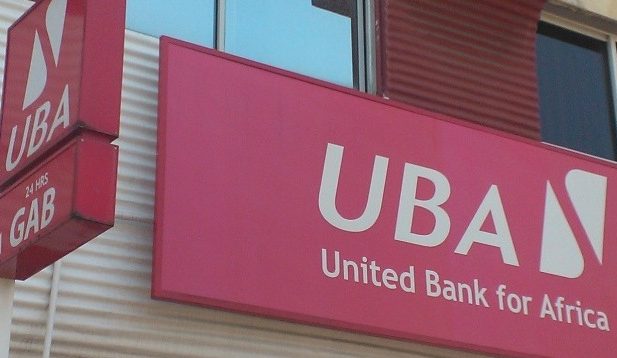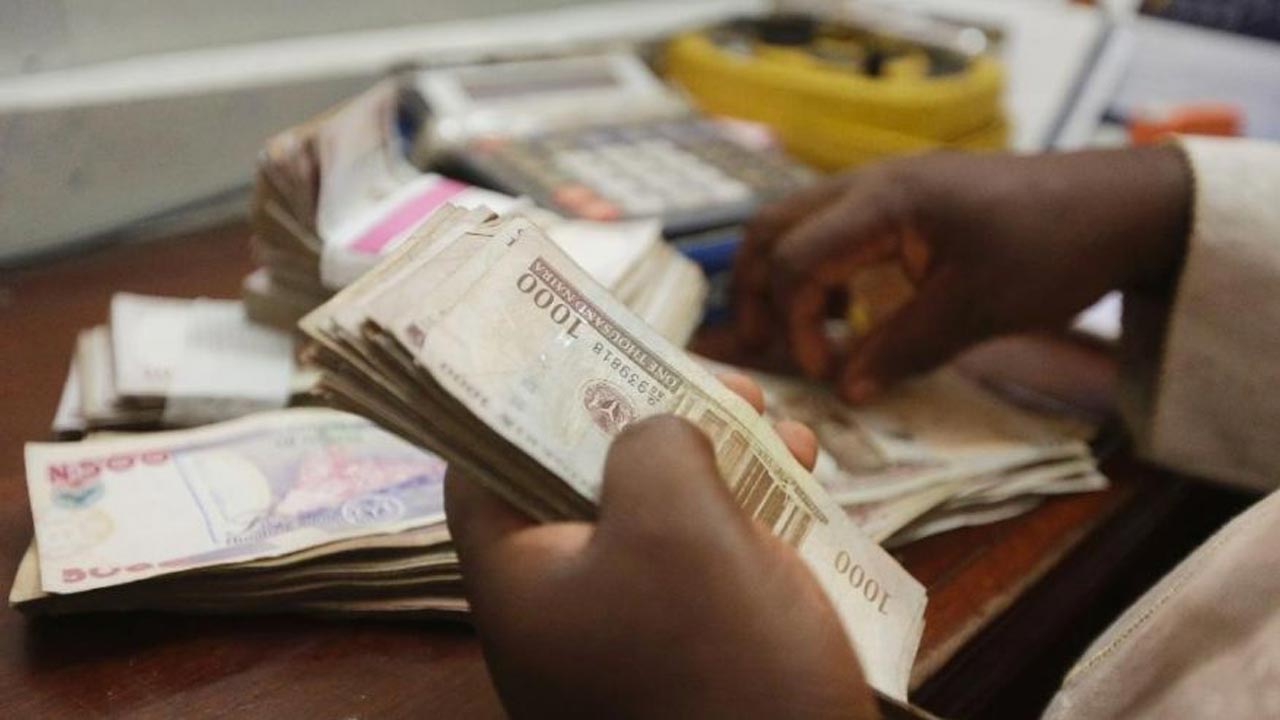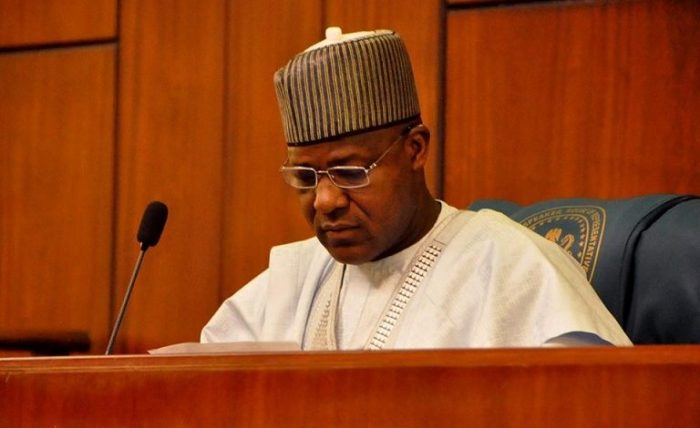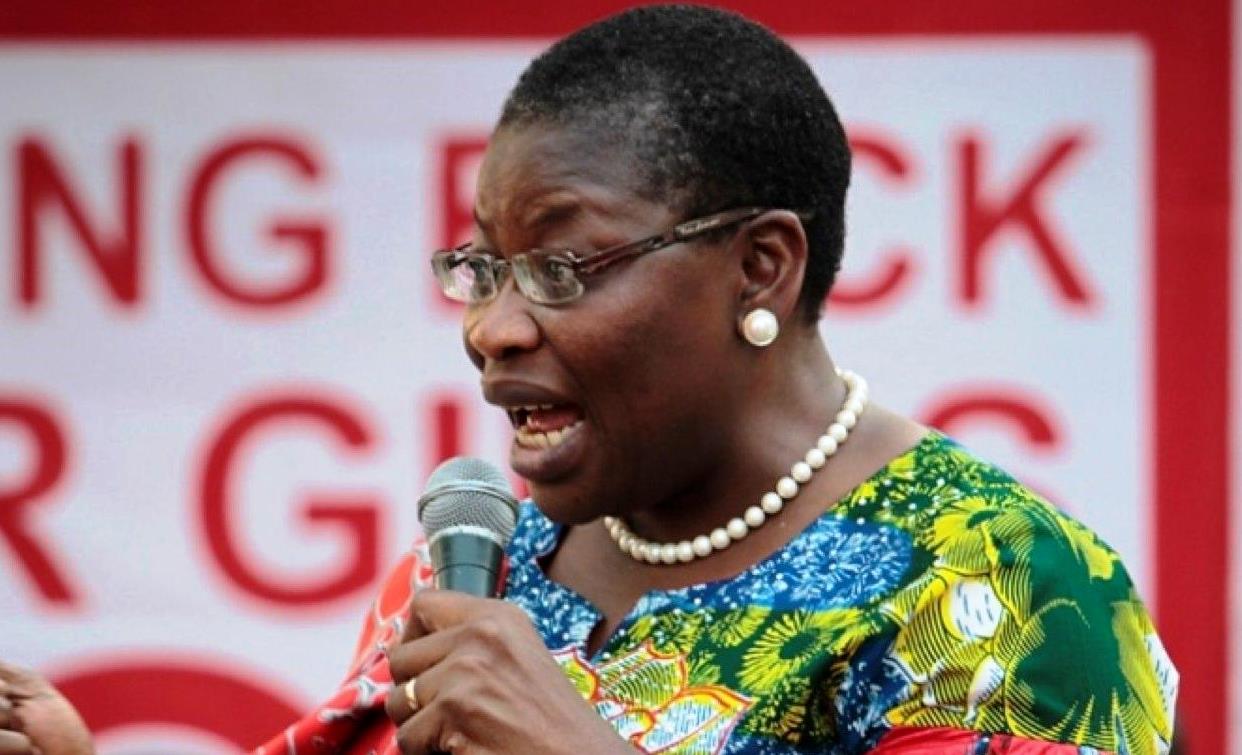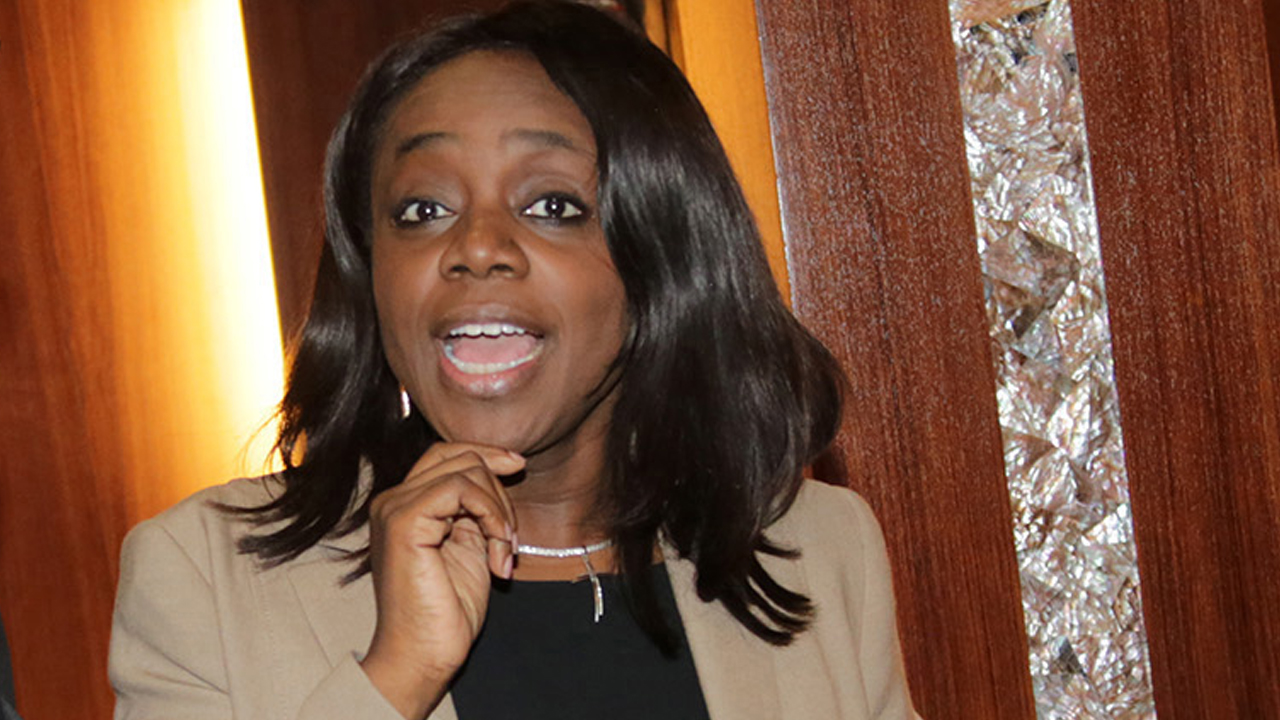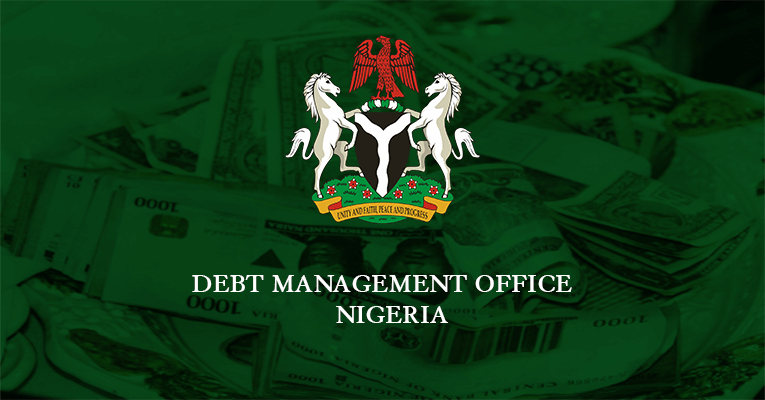The Federal Government on Wednesday said it had raised 2.86 billion dollars three-series international bond under its Global Medium Term Note Programme.
Mr Paul Abechi, Special Adviser to the Minister of Finance on Media and Communications disclosed this in a statement in Abuja.
He said that the offering attracted significant interests from leading global institutional investors with a peak combined order booking of over 9.5 billion dollars.
Abechi said that the outcome of the transaction reflected an over-subscription of more than three times and demonstrated the prevailing confidence of international capital market investors in Nigeria’s investment story.
“In spite of significant oil and wider macro market volatility, Nigeria has successfully raised its external debt requirements for the 2018 budget at a cost considerably lower than many of its peers across Sub-Sahara Africa.
“The successful transaction follows closely behind Nigeria’s successful engagement with the Fitch rating agency and their subsequent decision to change the outlook on Nigeria’s sovereign rating from B+ (negative) to B+ (stable), based on improving macro-economic fundamentals.”
Abechi said that the “notes” comprised a 1.18 billion dollar seven-year series, one billion dollar 12-year series and 750 million dollar 30-year series.
He said that the seven-year series would bear interest at a rate of 7.62 per cent, while the 12-year series would bear 8.75 per cent rate and 9.25 per cent interest for the 30-year series.
He added that in each case, they would be repayable “with a bullet repayment of the principal on maturity”.
“The offering is expected to close on or about Nov. 21, 2018, subject to the satisfaction of various customary closing conditions.
“The Republic intends to use the proceeds of the Notes towards funding of the fiscal deficit and other financing needs.
“The Notes represent the Republic’s sixth Eurobond issuance, following issuances in 2011, 2013, two in 2017 and one in early 2018 and its first triple-tranche offering.”
According to Abechi, when issued, the notes will be admitted to the official list of the UK Listing Authority and available to trade on the London Stock Exchange’s regulated market.
“The Republic may apply for the notes to be eligible for trading and listed on the Nigerian FMDQ OTC Securities Exchange and the Nigerian Stock Exchange.”
He also said that the pricing was determined following a series of meetings with investors in London and conference calls with investors globally, by the Nigerian delegation.
The delegation comprised of Minister of Finance, Mrs Zainab Ahmed, Minister of Budget and National Planning, Sen. Udoma Udo Udoma and Central Bank Governor, Mr Godwin Emefiele.
Others, according to him, were Ms Patience Oniha, Director-General, Debt Management Office (DMO) and Mr Ben Akabueze, Director-General, Budget Office of the Federation.
“The Joint Lead Managers for the issuance were Citibank Global Markets Limited and Standard Chartered Bank and the financial advisors were FSDH Merchant Bank Limited,” Abechi said.
He quoted the minister as saying that following the successful pricing, Nigeria was investing strategically in critical capital projects.
This, she said, was to bridge the nation’s infrastructure deficit, provide better operating environment for the private sector, and improve the standard of living of our citizens.
“The proceeds of this issuance will provide critical financing for projects in transportation, power, agriculture, housing, healthcare and education and the capital elements of our social investment programmes.
“Nigeria’s Economic Recovery and Growth Plan is delivering results,” she added.
Also commenting on the notes’ pricing, Oniha said Nigeria’s continued ability to access the international markets to raise capital was a testimony to investor’s confidence which had been supported by continuous engagement with them.
“The issuance of the Eurobonds, which received the prior approval of the Executive and Legislative arms of government, will not only provide capital to finance various projects, but also contribute towards the achievement of the Debt Management Strategy.
“The ability to raise 2.86 billion dollars, which is the exact amount government needed in volatile and challenging market conditions, has been described as a stellar outcome.”
